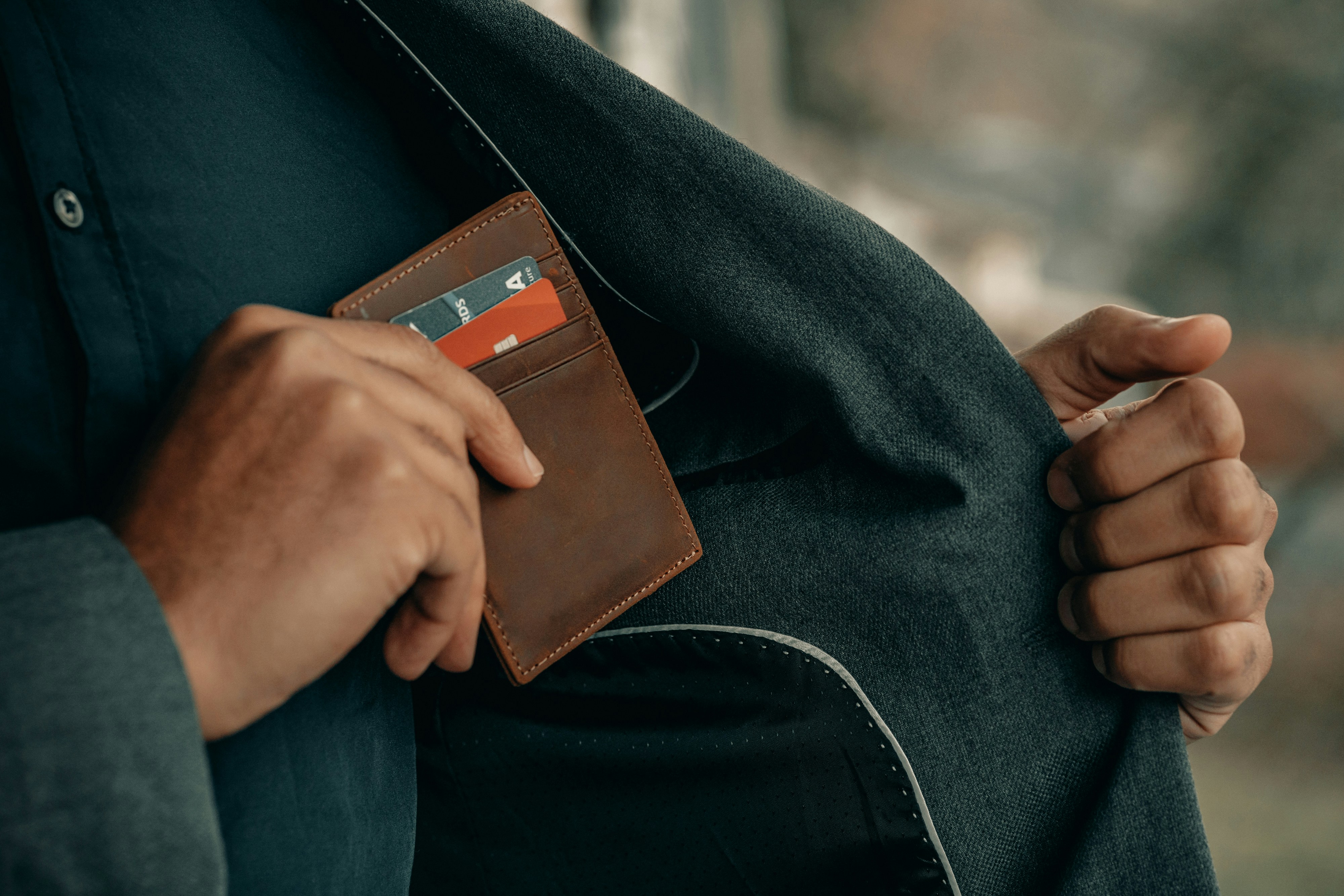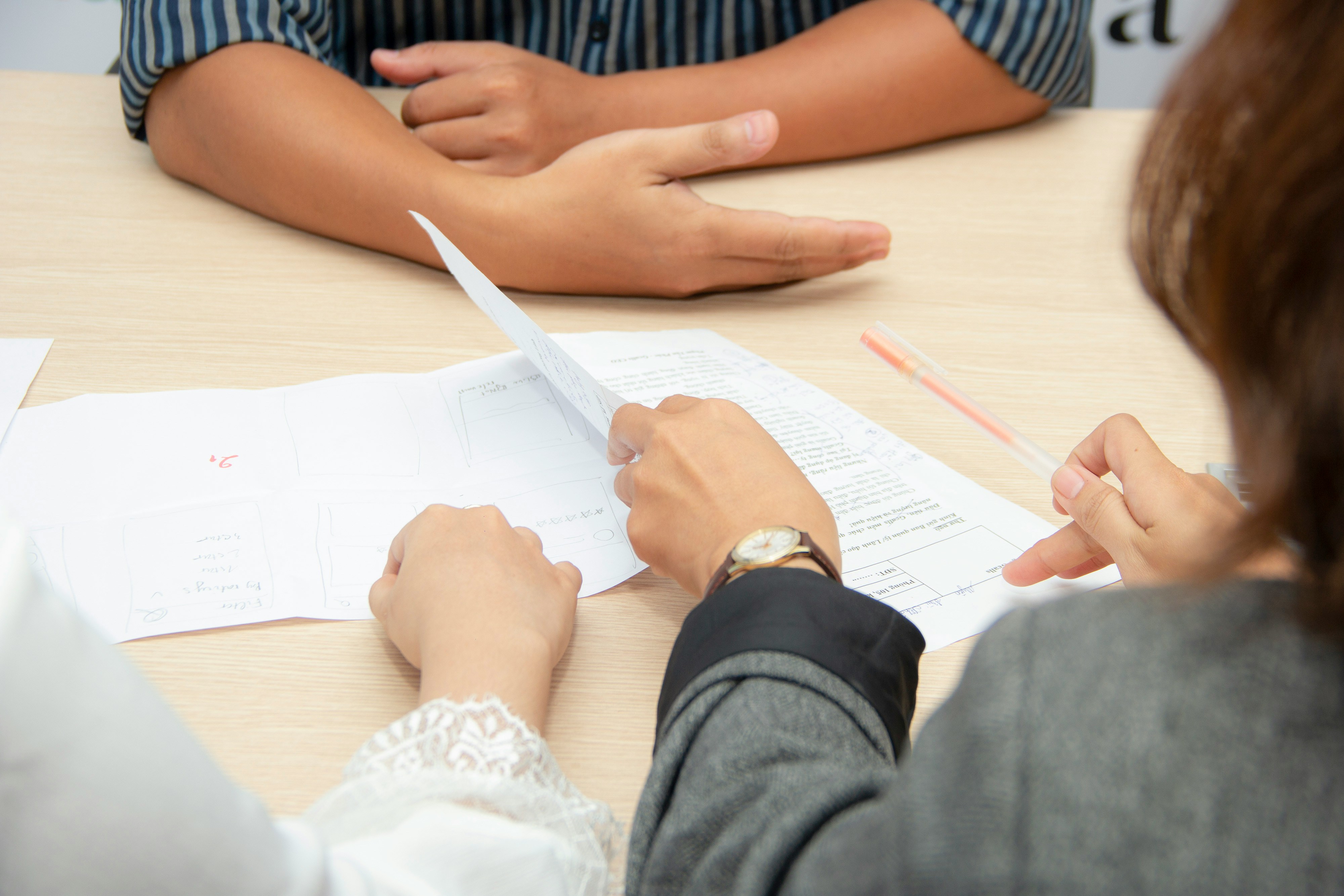Opening a bank account is one of the first essential steps for any foreigner in Brazil looking to integrate into daily life.
Whether you are staying temporarily or relocating long-term, having a local bank account allows you to manage finances, pay rent, receive income, and make purchases more easily. This guide explains everything you need to know!
Why opening a bank account matters
For a foreigner in Brazil, a bank account is more than convenience, it is often a necessity. From renting an apartment and setting up utilities to receiving salaries or pension payments, having a local account ensures smooth financial operations.
Without it, many daily transactions become difficult, and access to financial services remains limited.
Opening an account also allows for currency exchange at better rates, the use of local debit cards, easier mobile payments, and access to local digital banking apps. Most service providers, landlords, and employers in Brazil will expect you to have a Brazilian account.
Who can open a bank account in Brazil
To open a bank account in Brazil, a foreigner must have a regular immigration status. This means holding either a temporary or permanent residence permit. Tourists may face restrictions, although some digital banks offer simplified options with limited functionality for visitors.
Eligible individuals include:
- Foreign workers with a valid work visa;
- International students enrolled in Brazilian institutions;
- Family members of Brazilian citizens or residents;
- Retirees with valid retirement visas;
- Foreign investors with a residence permit.
In most cases, having a CPF is mandatory. Without it, even the initial stages of opening a bank account become complicated. Most banks will not proceed without this taxpayer identification number, which links your financial activities to Brazilian tax authorities.
Types of bank accounts available
Foreigners in Brazil can choose from several types of accounts, depending on their financial goals and eligibility.
1. Checking account: this is the most common type and is used for day-to-day transactions such as receiving income, paying bills, making purchases, and transferring funds.
2. Savings account: designed to help users save money and earn basic interest. Some banks offer joint checking-savings accounts.
3. Salary account: provided by employers, this account is exclusively for receiving salaries. It cannot be used for other deposits unless converted.
4. Digital accounts: offered by fintechs and online banks, digital accounts often have fewer requirements, faster approval, and lower fees. Examples include Nubank, Banco Inter, and C6 Bank.
Foreigners may start with a digital account and later switch to a traditional bank account once they obtain more documentation or achieve permanent residency.
Documents required to open a bank account
Most banks in Brazil, whether traditional or digital, require a specific set of documents to open a bank account. These include:
- CPF: essential for any financial activity in Brazil.
- Valid passport: must be up to date and show the immigration entry stamp.
- CRNM: the foreigner ID card issued by the Federal Police, or the protocol showing the application is in process.
- Proof of residence in Brazil: such as a utility bill or rental agreement, ideally in your name. If not, a declaration from the property owner is required.
- Proof of income or employment contract (optional): some banks ask for this to define credit limits or account type.
For digital banks, the process can be less strict, and some allow you to apply with fewer documents if you already have a CPF and a Brazilian phone number.
It is important to ensure all foreign documents are translated by a sworn translator and, when required, apostilled.
Step-by-step process to open a bank account
Opening a bank account in Brazil involves several steps. Although digital banks streamline the process, traditional banks may still require in-person visits and physical paperwork.
- Choose a bank: research which banks cater best to foreigners. Some banks have English-speaking staff or online guidance in English.
- Prepare your documents: have your CPF, passport, proof of address, and CRNM or protocol ready. Make sure your documents are updated and translated if necessary.
- Visit the bank or access the app: for traditional banks, schedule an appointment or go directly to a branch. Digital banks require downloading the app and submitting documents online.
- Submit your application: complete all forms carefully. In branches, an agent will assist you. For digital banks, follow the step-by-step instructions within the app.
- Wait for approval: processing times vary. Digital banks may approve accounts in 1–3 days, while traditional banks may take up to 7 days.
- Receive your card and access: once approved, your debit card will be delivered, and you will have full access to internet banking and mobile banking features.
Common challenges for foreigners
Despite the structured process, many foreigners face barriers when trying to open a bank account in Brazil. Common challenges include:
- Language barriers: many banks operate primarily in Portuguese, and forms are often not translated.
- Lack of CPF or CRNM: delays in immigration documents can hold up account opening.
- Address proof issues: utility bills may be in someone else's name, requiring additional declarations.
- Banking restrictions: some banks hesitate to open accounts for temporary residents or require more documentation than publicly listed.
Each bank has its own internal policy, which can cause confusion. Sometimes, even within the same branch, different agents apply different criteria.
How legal support can help
A qualified immigration or legal consultant can assist foreigners in opening a bank account by streamlining the document preparation and eliminating uncertainty.
- Assistance obtaining CPF and CRNM: these are fundamental to start the process and must be issued correctly.
- Document translation and apostille: legal teams work with sworn translators and notaries to ensure your documents are compliant.
- Bank selection guidance: professionals know which banks have flexible policies for foreigners and where English-speaking staff are available.
- Accompaniment to appointments: for in-person bank visits, a legal assistant can join you and facilitate communication.
- Support with digital applications: guidance through app steps and error prevention during document uploads.
Professional assistance prevents delays, ensures accuracy, and increases the likelihood of quick approval, especially if your immigration status is still being processed.
Opening a bank account is a critical milestone for any foreigner in Brazil. It allows you to participate fully in the economy, manage your finances with security, and integrate more easily into local society.
Although the process can seem complex due to bureaucracy and variable banking policies, it becomes manageable with preparation and the right support.
Whether you choose a digital bank or a traditional one, the key is having your documentation in order and understanding each step.
With professional guidance, this essential task can be completed efficiently, saving time and avoiding frustrations. If you are a foreigner in Brazil looking to open your first account, do not hesitate to seek specialized support to make the process smooth and worry-free.



